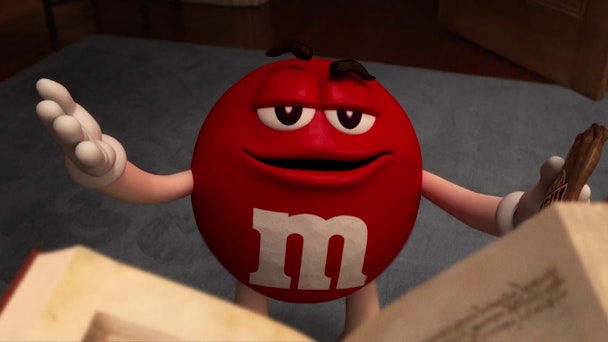Ad bodies slam ‘severe and disproportionate’ proposals to outlaw junk food ads online
A blanket ban on online ads for food and drinks high in fat, sugar or salt (HFSS) will inflict ”untold harm” to brands and the creative sector while also compounding the current downturn.

Ad bodies slam proposed junk food ban: ‘It’s a severe and disproportionate measure’
That's according to a joint statement by the Advertising Association (AA), the Incorporated Society of British Advertisers (Isba), the Institute of Practitioners in Advertising (IPA) and the Interactive Advertising Bureau (IAB).
The united front comes as the government consults on a complete ban of all online advertising relating to junk food.
Why are ad bodies opposed to further regulation around HFSS food?
-
In a direct appeal to the government to think again, the trade bodies wrote: ”The proposal to completely outlaw online advertising of certain food and drink is a severe and disproportionate measure that goes far beyond the government’s objective of protecting children. Instead, it will do untold harm to the UK’s vitally important creative sector and food and drink businesses at an economically precarious time.”
-
Arguing that obesity is a complex problem requiring complex solutions, the grouping warns that a one-size-fits-all approach will do more harm than good, choking a key linchpin of the UK economy.
-
Expounding on the significant economic benefits to UK Plc, the statement continues: ”The advertising sector is a proven engine of the UK economy, and we would urge ministers not to damage the jobs and tax revenue it creates. Beyond these direct benefits, the UK’s world-leading advertising sector also underpins the success of the food and drink industry – itself the UK’s largest manufacturing sector.”
-
Fears have been expressed that a desire for headline-grabbing initiatives to convey action betrays a paternalistic approach at odds with the well-oiled digital media industry which already offers more targeted approaches.
-
Hammering home the potential for unintended consequences, the trade bodies argue that a global pandemic is not the time to hit the industry with Draconian new restrictions.
-
The trade bodies conclude: ”Businesses that should be devoting their time and energy to surviving this economically unpredictable situation will now have to devote precious resources to responding to the government and working out whether they will even be able to advertise their products in future. To borrow the Prime Minister’s language, this is not an ‘oven-ready’ policy; it is not even half-baked. But it does have all the ingredients of a kick in the teeth for our industry from a government which we believed was interested in prioritising oven-ready growth alongside targeted interventions to support health and wellbeing.”
-
The statement was co-signed by AA chief executive Stephen Woodford, Isba director general Phil Smith, IPA director general Paul Bainsfair and IAB chief exec Jon Mew.
Why does the government want to ban junk food ads?
-
The government feels obliged to act to stem an obesity epidemic among children that presents a crippling health ’time bomb’ for the nation without immediate action.
-
A fierce debate has erupted around the nature of any potential solution, however, with advertisers firmly at odds with the belief that simply shutting down commercials will be enough to change behaviour.
-
The UK government has pledged to ban television adverts for food and drink that is high in fat, salt and sugar before the 9pm watershed, and a blanket ban on all online promotions for sweets and fast food may follow.
-
The pressure to act has been building following evidence that obesity is an exacerbating factor in Covid-19 fatalities, but the government’s own research found that such a ban would only reduce a child’s intake by 1.7 calories a day, amounting to nothing more than an ”irrelevant symbolic gesture”.
-
Any interventions of this nature risk significantly undermining an ad industry that is just as addicted to junk food as consumers, relying on the sector for a significant proportion of its income.
-
Analysis by Cancer Research UK found that close to half of all food adverts shown on ITV, Channel 4, Channel 5 and Sky One were for HFSS products, increasing to 60% during the 6pm to 9pm prime-time window when children are more likely to be present.
-
Any ban could cost British advertisers as much as £200m in lost revenue.
Content created with:

UK Government
Find out about the government response to coronavirus (COVID-19) and what you need to do.
Find out more
